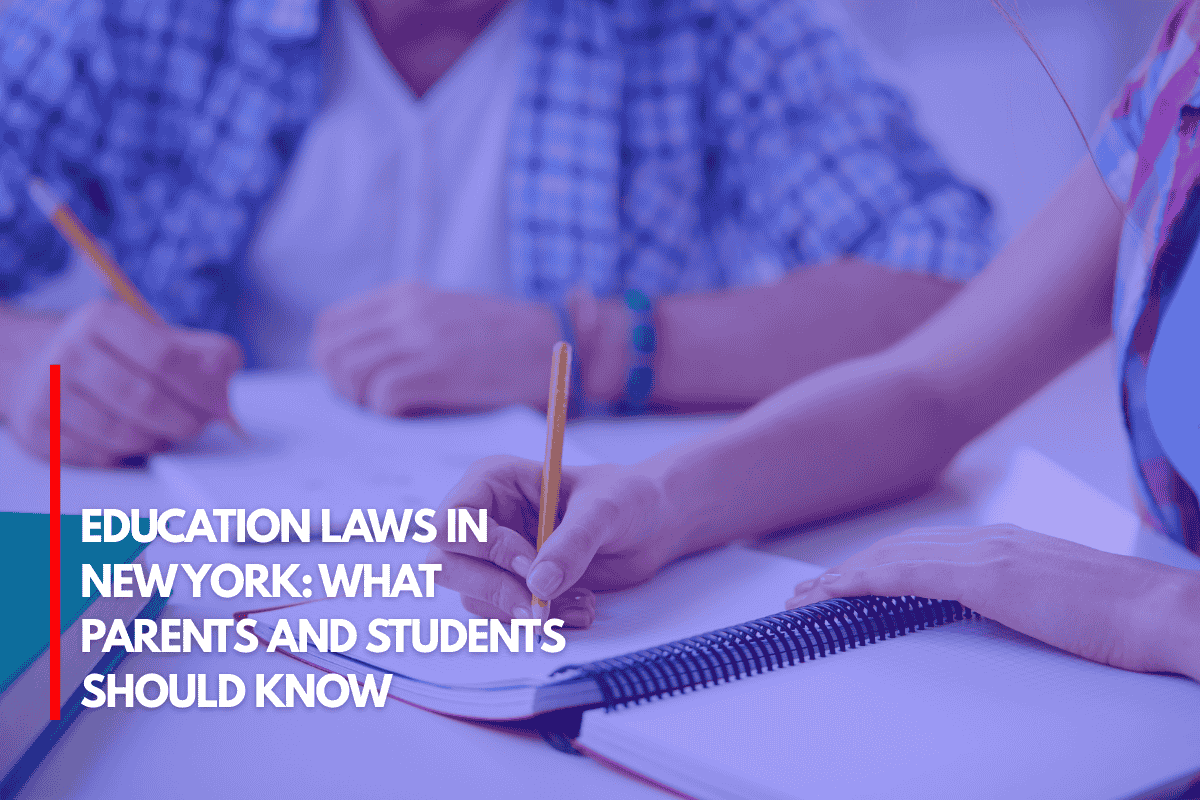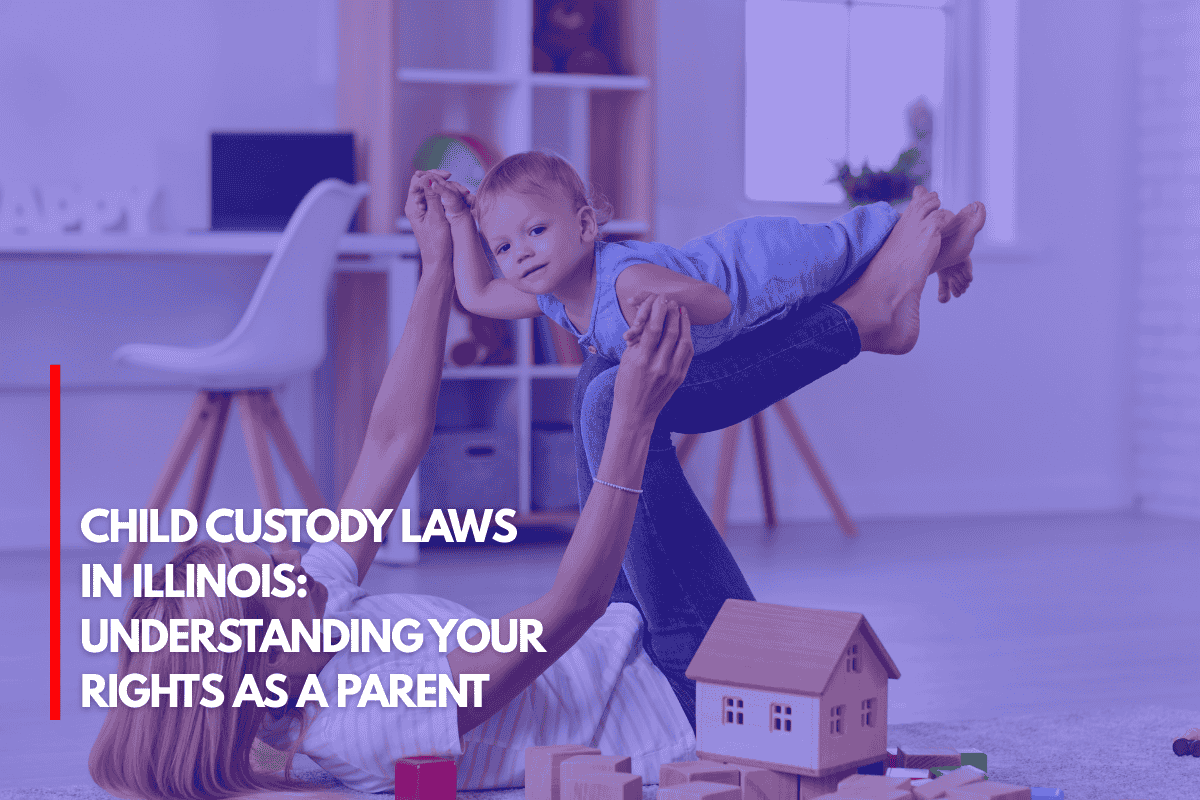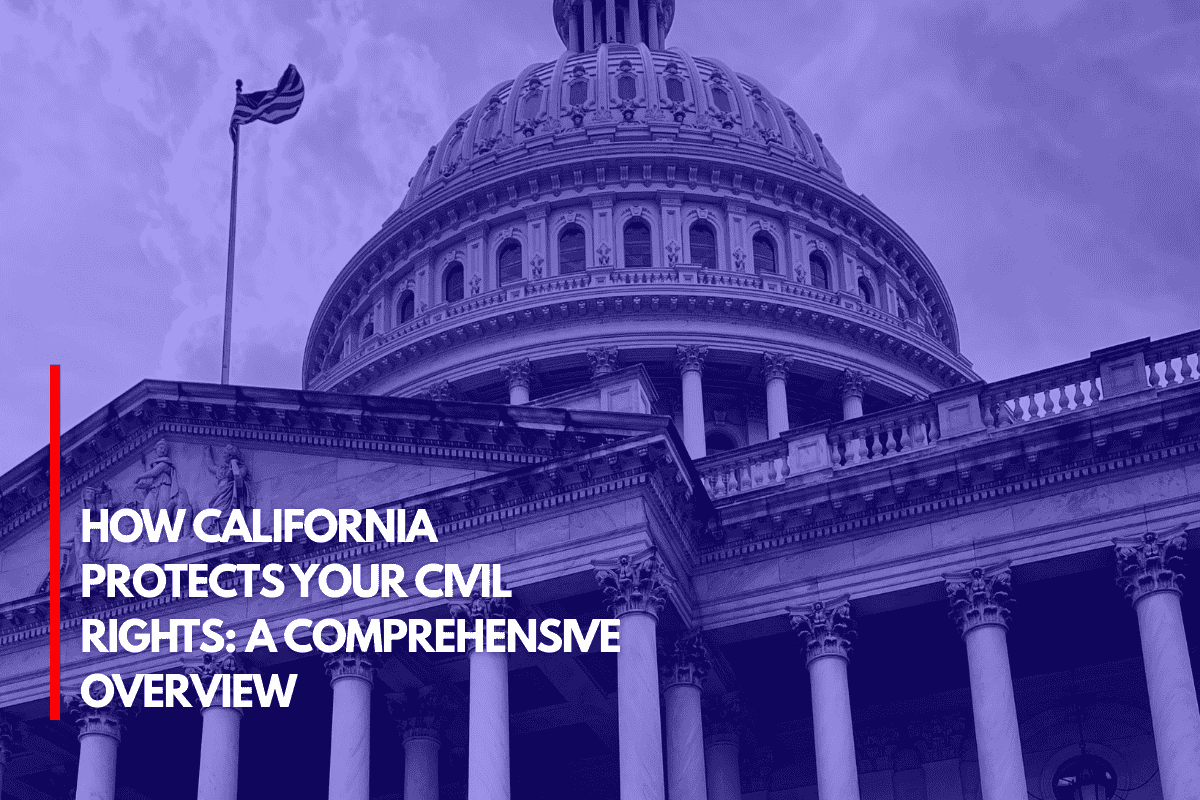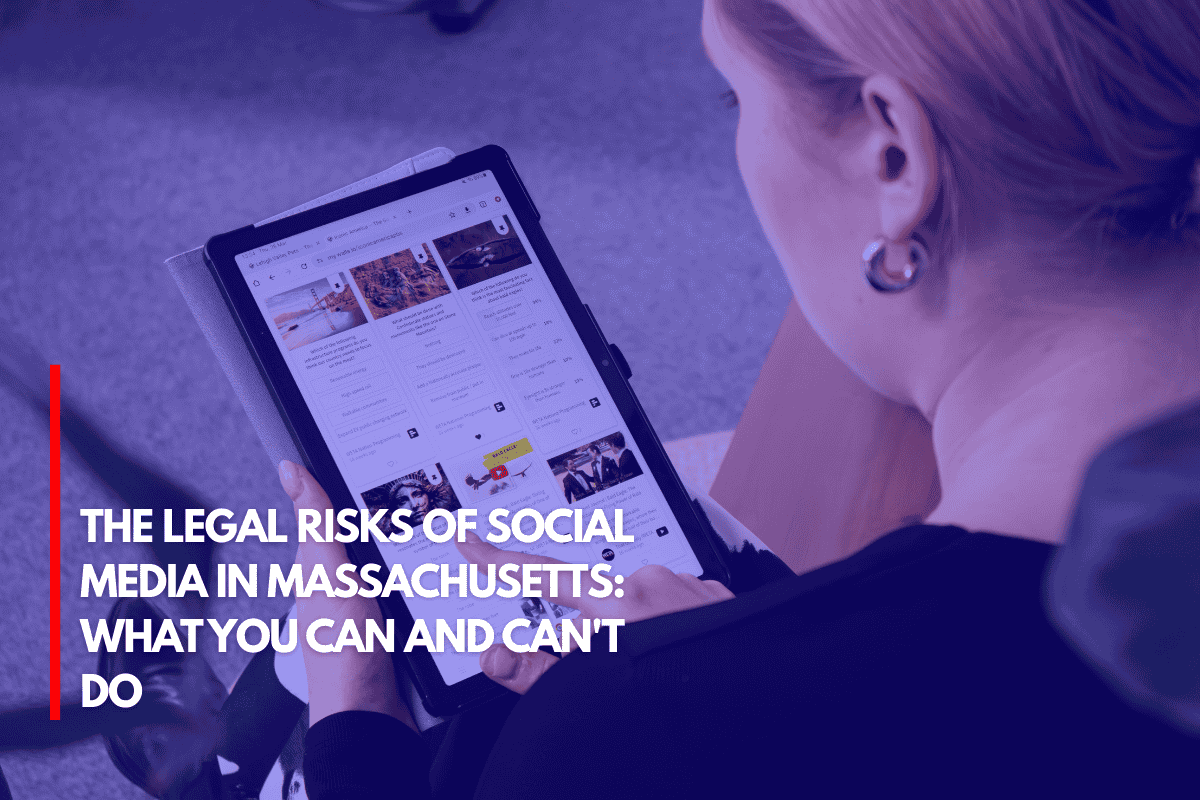Education standards, parental rights, data privacy, and mandatory education are all governed by a number of laws in New York. With an emphasis on changes for 2025, below is a summary of some significant rights and responsibilities that parents and students have under the existing legislation.
1. Compulsory Education & Attendance
New York law mandates that children must go to school from September of the year they are six to June of the year they reach sixteen.
Both nonpublic (private/parochial) and public schools are required to give instruction that is at least somewhat comparable to that of public schools. This need has been reinforced by recent law, guaranteeing that nonpublic schools adhere to comparable standards in areas like curriculum, instruction, and teacher qualifications.
A legislative study regarding the possibility of changing the mandatory attendance age is also underway, and a report is expected by July 2027. The starting age for full-time school attendance may alter as a result of this.
2. Parental Rights
Regarding their child’s education, parents have a lot of rights. They have the following rights:
access and review their child’s complete academic history
Obtain copies of any student information that the school district may have.
Both New York Education legislation 2-d and the federal FERPA legislation safeguard these rights.
A Parents Bill of Rights for Data Privacy and Security, outlining the safeguards for student data, must be published by schools. With the exception of school authorities who have a valid educational interest, parents are also informed of their rights to consent to disclosures of personally identifiable student information.
3. Data Privacy & Security
To safeguard student data, schools must adhere to stringent cybersecurity and privacy regulations. The National Institute of Standards and Technology’s (NIST) rules are followed by these standards.
To monitor compliance and address any data breaches that impact students, a Data Protection Officer is assigned. This guarantees the security of students’ personal data.
4. Educational Standards and Rights
Clear educational rights are established for students by the Educational Rights Transparency for New York Families Act (2025), which also requires schools to evaluate and report on their resources and student support.
A minimal level of education, along with sufficient facilities and resources, is something that students (and their parents) are entitled to. Both state and local school officials keep a close eye on these rights.
5. School Start Times
Beginning in 2025, new regulations mandate that public elementary schools begin no earlier than 8:00 a.m. and public secondary schools no earlier than 8:30 a.m. in an effort to improve students’ sleep and general health. The goal of this modification is to guarantee that children have adequate sleep for the best possible learning.
6. Attendance Policy & Accountability
Attendance at school must be consistent. Schools are in charge of monitoring attendance, and performance criteria and statutory reporting requirements hold them accountable for excessive absentee rates. A school’s budget and ratings may be impacted by persistent absenteeism.
Religious observances, verified illnesses, and other justifiable absences must also be accommodated by schools. To maintain openness, parents are given access to attendance policies.
Key Takeaways
High-quality education, data privacy, and educational records are all guaranteed to parents and students in New York.
Unless new regulations change the necessary attendance age, children between the ages of 6 and 16 must attend.
Students now have stronger rights thanks to recent legislative improvements that have improved educational standards, accountability, and resources.
References:












